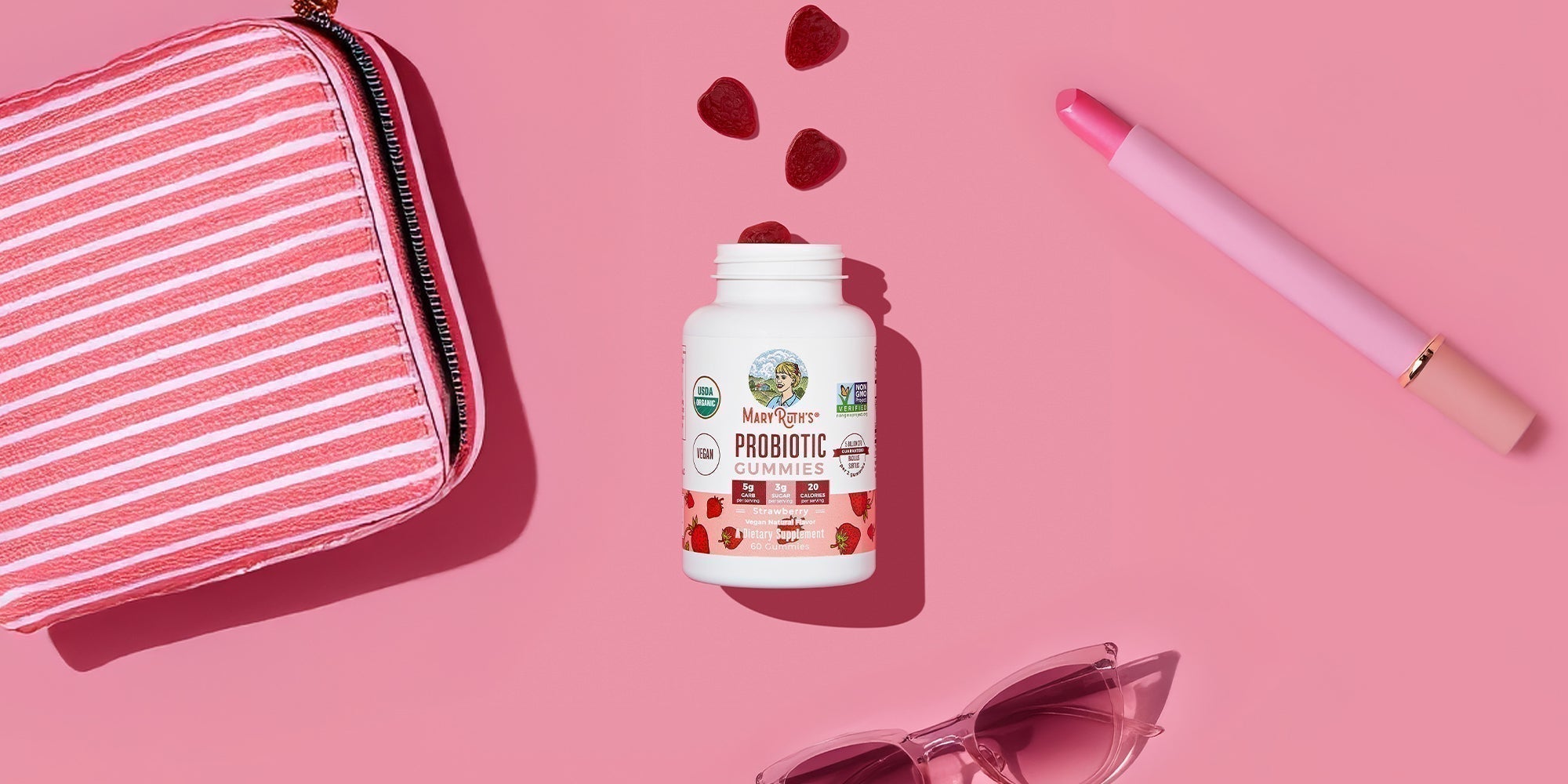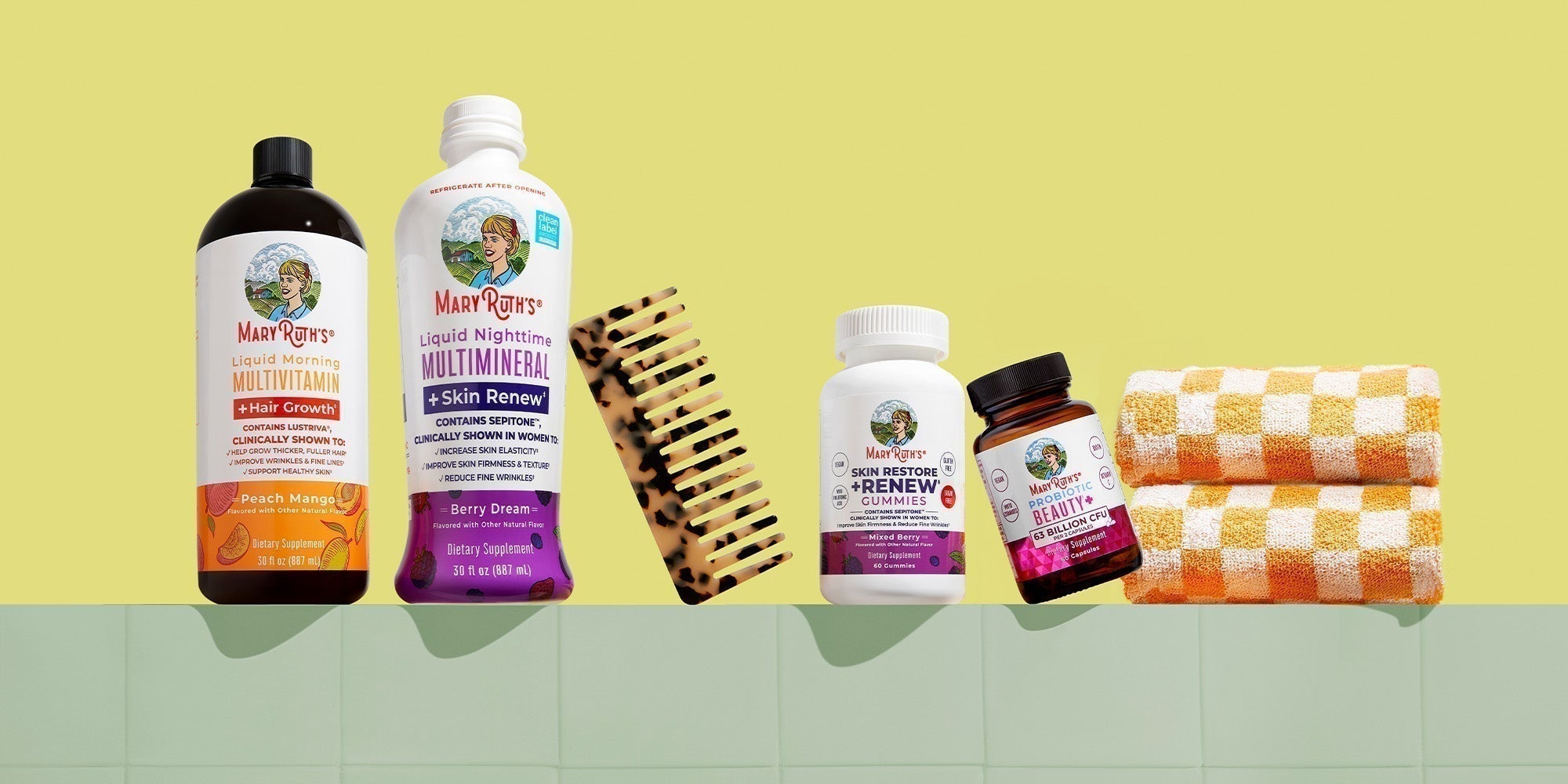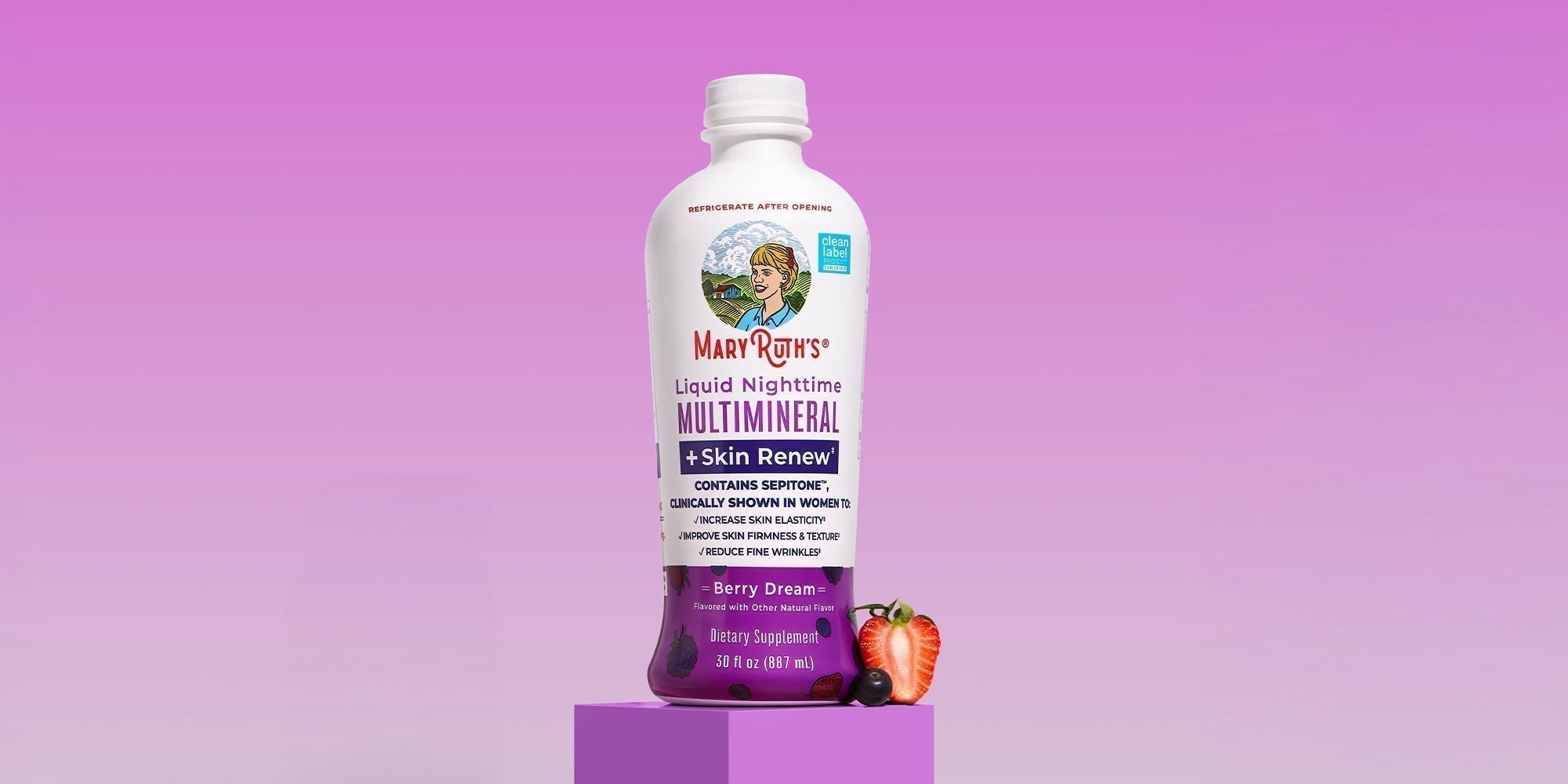When it comes to gut health, there are two types of foods to know about – prebiotics and probiotics.
Probiotic foods contain live cultures – beneficial bacteria that can contribute to a healthy gut microbiome. Some of the most common sources of probiotics are fermented foods and drinks. From kimchi to kombucha, there are plenty of probiotic foods that you can include in your diet to benefit your gut.
In addition to getting probiotics from fermented foods and drinks, you can also include them in your diet in the form of a high-quality supplement. You can support your gut through combining a healthy diet that includes probiotic foods and drinks with probiotic supplements.
What Are the Benefits of Eating Probiotic Foods?
Probiotic foods may be beneficial for your health in multiple ways.
Research has indicated that providing your gut with probiotic bacteria may have a positive impact on your immune function. In addition to eating probiotics, sticking to an overall healthy diet and getting plenty of vitamins and minerals from whole foods may also help to support your whole body.
Besides supporting immune health, probiotic foods may also support your gastrointestinal health. If you are dealing with some occasional digestive discomfort, including probiotics in your diet may help provide some relief.
Eating a healthy diet that includes probiotics may help support your skin. The connection between a healthy gut and clearer skin is growing in evidence, but further research is still needed on the subject. However, the existing research has indicated that eating probiotic foods like kimchi may have a positive impact on your skin.
A healthy gut may also play a key role in your overall physical and mental health. Your brain, gut, and the rest of your body are all interlinked, and supporting your gut health may help to support a healthy body and mind!
The Best Probiotic Foods To Include In Your Diet
Below are some t food sources of probiotics that you can include in your daily diet. These foods can be enjoyed along with a meal or as a standalone snack. Best of all, these foods are friendly to a plant-based diet!
- Kimchi. A fermented form of cabbage, kimchi is a traditional Korean staple that has a uniquely tangy, spicy flavor. Kimchi contains vitamins and minerals and is low in calories. If you’re looking for the perfect way to include more veggies in your diet while also promoting gut health, kimchi is a tasty option.
- Sauerkraut. Another form of fermented cabbage, sauerkraut is similar to kimchi but has a noticeably different flavor and texture. Like kimchi, sauerkraut contains vitamins and minerals, and contains plenty of probiotics that may be beneficial for your gut. If you are shopping for this tasty form of fermented cabbage at the grocery store, make sure to opt for unpasteurized sauerkraut. Pasteurization kills the beneficial bacteria that are found in sauerkraut, getting rid of the probiotics. Stick with unpasteurized sauerkraut to reap the benefits for your gut!
- Miso. Like tempeh, miso is made from fermented soybeans. However, these two probiotic foods differ both in taste and in texture. Miso is a ground paste made from fermented soybeans and other ingredients, and it’s traditionally eaten in soup. As is the case with tempeh and other fermented soy foods, miso also contains protein and fiber, making it a great choice for vegans and vegetarians.
What About Prebiotics?
Another excellent way to care for your gut health is by including plenty of prebiotic foods in your diet.
Unlike probiotics, prebiotics are not foods that contain live cultures. Instead, these foods contain nutrients that can help to feed the probiotics in your gut and support a thriving gut microbiome.
Feeding your gut doesn’t just mean including fermented foods in your diet – prebiotic foods play a key role in a great diet, too!
Product Recommendation
What Prebiotic Foods Should I Include In My Diet?
Here are some of the tastiest healthy prebiotic foods to include in your weekly meals!
- Bananas. A good source of fiber and oh-so-tasty, bananas are a sweet and tasty source of prebiotics. Less ripe bananas, still with some green, contain resistant starch, which can help to promote gut health, and bananas of all ripeness contain a small amount of inulin, a type of dietary fiber.
- Apples. Another good source of fiber that is delicious and easy to include in your diet, apples can easily be sliced up and incorporated into a meal or eaten on their own as a snack. Apples are nutritious, and, like bananas, they may be great for your gut.
- Flax seeds. Flax seeds are also a good source of protein, as well as a source of fiber and healthy fats. You can blend flax seeds into smoothies, sprinkle them on your oatmeal, or find other creative ways to include them in your daily meals.
- Oats. Carrying on the trend of delicious prebiotic breakfast foods, oatmeal is a good source of fiber and may support your gut health. You can combine oats with all of the other prebiotic foods on this list to make a yummy breakfast that is quick and simple to prepare!
What Foods Should You Avoid To Keep Your Gut Healthier?
In addition to eating specific foods to promote gut health, there are also foods that are best avoided while working to support your gut microbiome health.
Below are a few foods and drinks to consume in moderation at the most.
- Drinking too much alcohol can have a negative effect on gut health. While drinking alcohol in excess is not recommended for overall health in general, your gut microbiome can also negatively affected by too much drinking. A little bit of wine from time to time is unlikely to have a negative effect on your gut, but tons of beers every weekend or cocktails every evening definitely won’t be good for your gut microbiome or overall health.
- Added sugar can also have negative effects on your gut microbiome. There’s added sugar in a surprising amount of processed foods – not just desserts! To avoid added sugar, we recommend eating fresh and whole foods as often as possible, rather than pre-packaged or pre-made alternatives. It may take some time and effort, but minimizing added sugar will support your gut and overall health in the long run.
Can Probiotic Supplements Benefit My Gut?
One of the easiest ways to support your gut is by adding probiotic supplements to your diet. While probiotics can be found in many foods and drinks, the amounts of live cultures in these sources are typically much smaller than what you’ll find in a high-quality probiotic supplement.
So, why should you add a probiotic supplement to your diet?
A great reason to include probiotics in your diet in the form of a supplement is to support your gut microbiome. When your gut is happy and healthy, your overall health and wellness may benefit as a result. The high concentration of healthy bacteria in a probiotic supplement makes it much easier to get your probiotics from a supplement than from probiotic foods.
Probiotic Supplements vs. Probiotic Foods
While probiotic foods may be good sources of good bacteria to support gut health, these foods are usually not staples in the average American’s diet. Filling your diet with probiotic foods can be much more difficult than taking a supplement, especially if you are not a fan of the taste of fermented foods.
Luckily, you can still get enough probiotics in the form of an unflavored supplement from MaryRuth’s! For anyone who doesn’t enjoy probiotic foods, probiotic supplements are an easy alternative to try.
Ready to take a step toward a happier gut? Explore MaryRuth’s collection of natural digestion-healthy supplements here!









